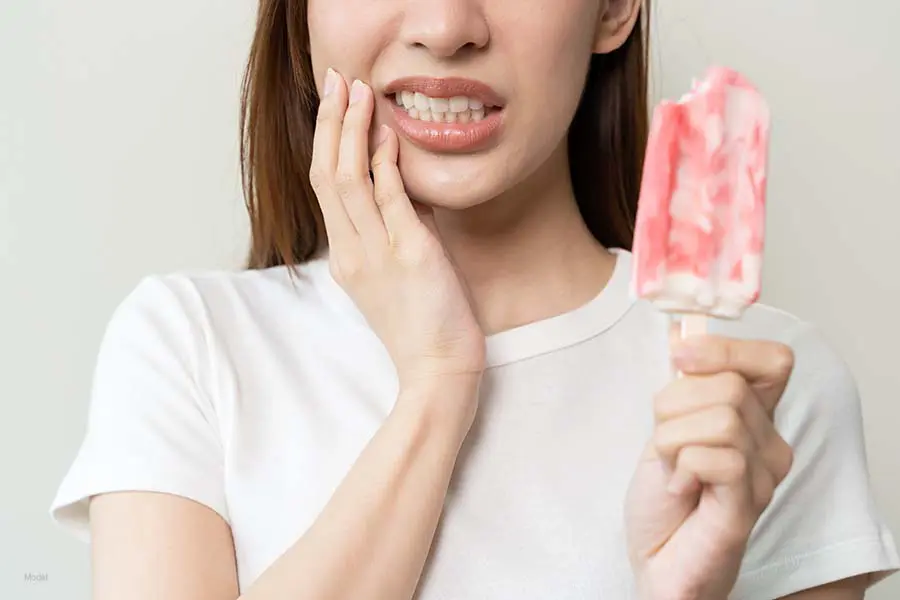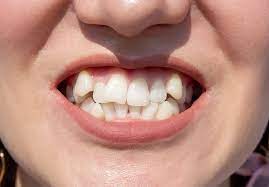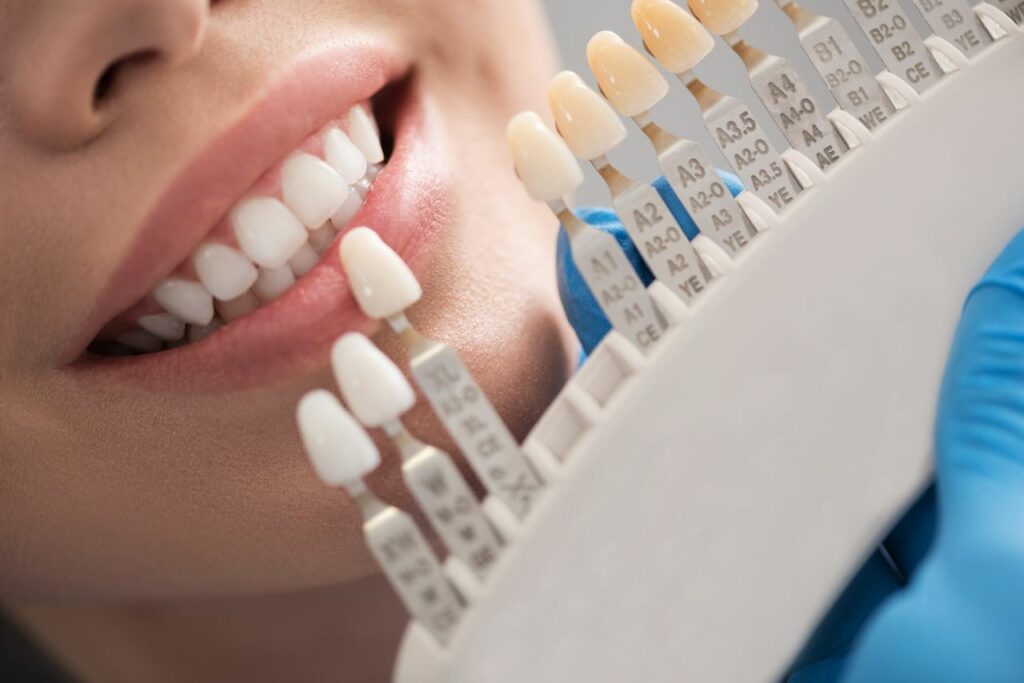Dental crowns are a trusted restorative option, often used to protect damaged teeth or enhance aesthetics. While highly durable, crowns are not immune to problems. Over time, individuals may encounter certain complications that compromise comfort, function, or appearance. Understanding these common issues — and knowing how to respond — is vital for maintaining optimal oral health and prolonging the life of your crown. If you’re experiencing any concerns, seeking professional dental crown treatment in Farmington Hills, Michigan, can help restore both function and peace of mind.
Tooth Sensitivity After Crown Placement

It’s not unusual to experience heightened sensitivity to hot, cold, or pressure following crown placement. This typically stems from the underlying tooth, mainly if it still contains viable nerve tissue.
Solution:
Use toothpaste formulated for sensitive teeth to soothe nerve endings. Avoid extremely hot or cold beverages for the first few days. If discomfort persists beyond a few weeks, the bite may need adjustment, or the crown may not be properly seated, warranting a follow-up with your dentist.
Loose Dental Crown
- A loose crown can be caused by cement erosion, underlying decay, or even sticky foods pulling at the edges.
- A wobbly crown compromises the tooth’s protection, creating a gateway for bacteria to enter and infect the tooth.
Solution:
Refrain from chewing on the affected side. Avoid flossing around the crown until it’s properly secured. See your dentist immediately — they’ll likely receive the crown or evaluate if decay has compromised the base tooth.
Crown Falling Out
When a crown fully dislodges, it may signal weakened bonding or structural problems with the underlying tooth. This is both a functional and cosmetic concern that needs urgent attention.
Solution:
Keep the crown safe and clean. Rinse it with water, avoid scrubbing, and place it in a small container. Please do not attempt to glue it back yourself. Visit your dentist at the earliest — in some cases, the crown can be reattached, provided the tooth structure is intact.
Discomfort or Improper Bite Alignment

A crown that feels “off” can alter your bite, leading to jaw discomfort, uneven wear, or chronic tension headaches. Even slight misalignments can create long-term problems.
Solution:
Pay attention to how your teeth come together when you chew. If you feel uneven contact or strain, return to the dentist for a bite adjustment. Fine-tuning the crown’s contour can restore proper occlusion and eliminate the discomfort.
Cracked or Chipped Crown
Crowns, especially those made of porcelain or ceramic, can crack under pressure. Biting down on hard foods or accidental trauma often causes minor chips or significant fractures.
Solution:
- Small chips may be smoothed or patched with a dental composite.
- For deeper cracks or compromised structural integrity.
- A complete crown replacement may be necessary.
- Consider switching to a metal-based or zirconia crown if repeated breakage occurs.
Gum Irritation or Recession Around the Crown
| Issue | Description | Solution |
|---|---|---|
| Gum Irritation or Recession Around the Crown | Inflammation or shrinking of the gum line around a crown can expose the crown margin or tooth root, causing discomfort and aesthetic concerns. | – Maintain meticulous oral hygiene, including gentle flossing around the crown. – Use an antibacterial mouthwash to reduce inflammation. – If recession progresses, a gum graft or crown revision may be recommended. |
Dark Line at the Gum Margin
A common aesthetic concern, especially with porcelain-fused-to-metal crowns, is the appearance of a dark line where the crown meets the gum. This typically occurs when the metal base becomes visible due to gum recession.
Solution:
While not harmful, it may be unsightly. Replacing the crown with an all-ceramic or zirconia alternative offers a more natural and translucent appearance, especially in the front of the mouth.
Allergic Reaction to Crown Materials

Though rare, some patients may experience allergic reactions to the metals used in certain crowns. Symptoms may include redness, itching, or persistent irritation in the mouth.
Solution:
If symptoms arise, consult your dentist and request allergy testing. Transitioning to hypoallergenic materials, such as ceramic or gold, can help prevent further reactions.
Wear on Opposing Teeth
Highly abrasive crown materials can cause wear on the teeth they bite against, especially if the crown surface is overly polished or the bite is unbalanced.
Solution:
Routine dental evaluations can catch early signs of enamel erosion. If wear is evident, your dentist may modify the crown surface or recommend a protective nightguard to reduce friction during sleep.
Chronic Bad Breath or Unpleasant Taste
A poorly fitting crown or lingering food particles can cause halitosis and a persistent metallic or sour taste in the mouth.
Solution:
Ensure proper flossing and brushing around the crown. Use a tongue scraper to eliminate bacterial buildup. If the issue persists, the crown may need to be re-seated or replaced to improve the seal and prevent food entrapment.
Dental crowns are designed to be a long-term solution, but issues can arise that require professional evaluation. If you notice discomfort, loosening, sensitivity, or any changes around your crown, don’t delay. Early attention can prevent minor problems from turning into more serious complications. Schedule a visit with your dentist as soon as symptoms appear — prompt care not only preserves your crown but also protects the health of the underlying tooth and surrounding gums. Regular checkups remain key to ensuring your crown continues to function comfortably and look natural for years to come.

